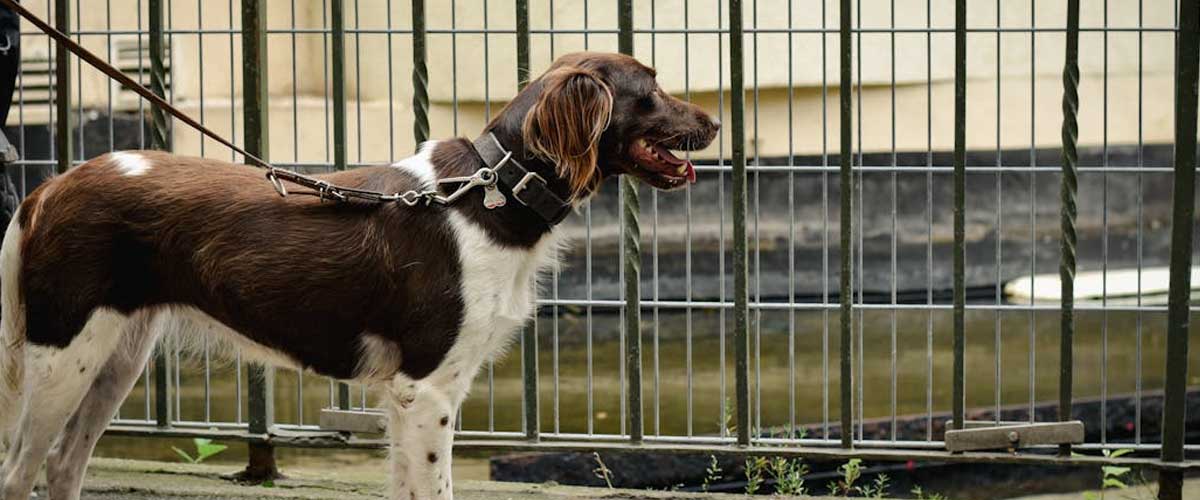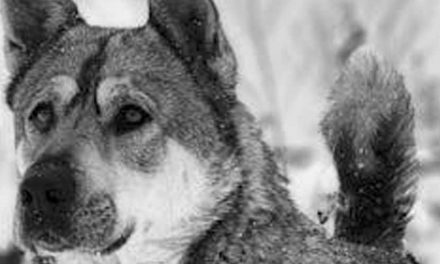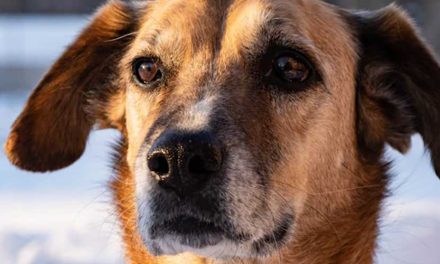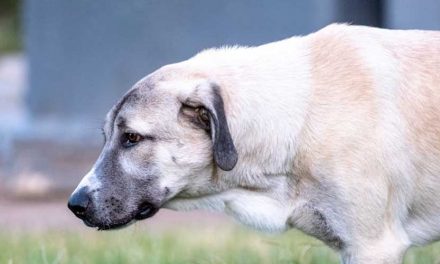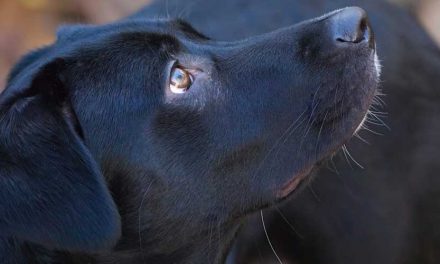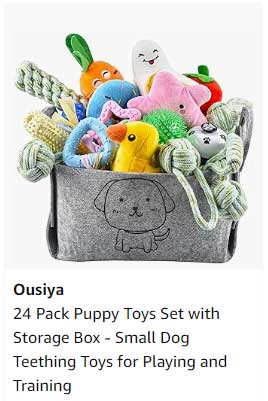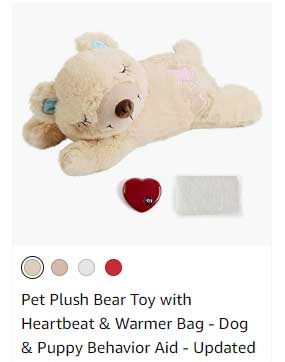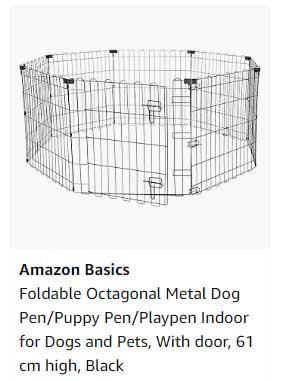The Small Munsterlander is a distinctive and charming dog breed known for its exceptional versatility, intelligence, and loving nature.
Hailing from Germany, this breed is particularly celebrated for its skills as a hunting dog, but it also makes a delightful family companion.
Origin and History
The Small Munsterlander originated in the region of Munster, Germany, and has its roots tracing back to various breeds used for hunting small game.
Developed in the early 20th century, the breed was recognized for its abilities in both water and land retrieval.
The Small Munsterlander shares similarities with its larger counterpart, the Large Munsterlander, but is distinguished by its smaller size.
Physical Characteristics
Small Munsterlanders are medium-sized dogs, typically weighing between 35 to 65 pounds and standing 19 to 21 inches tall at the shoulder.
They have a sleek, athletic build with a long, rounded head and expressive, dark eyes.
Their coat is often wavy or slightly curly, featuring a beautiful combination of white and brown or liver patches.
This breed’s distinctive appearance, along with its elegant movements, make it a joy to behold.
Temperament
The Small Munsterlander is known for its friendly and sociable nature.
They are highly affectionate and thrive on companionship, making them excellent family pets.
This breed is also intelligent and eager to please, which makes training relatively easy, though consistency and positive reinforcement are key.
Their high energy levels mean they require regular exercise and mental stimulation, so they are well-suited for active families or individuals who enjoy outdoor activities like hiking, running, or hunting.
Health and Lifespan
Generally, Small Munsterlanders are healthy dogs with a lifespan of around 12 to 14 years.
As with any breed, they can be prone to certain health issues, including hip dysplasia and eye problems.
Regular veterinary check-ups, a balanced diet, and ample exercise can help mitigate these concerns.
Care Requirements
Small Munsterlanders thrive in an environment where they can be active and social.
They require daily exercise and enjoy activities that challenge their minds as well as their bodies.
Grooming needs are relatively low; regular brushing is sufficient to keep their coat healthy and free from tangles, especially during shedding seasons.
Conclusion
The Small Munsterlander is more than just a skilled hunting companion; it’s a loyal family dog with a loving disposition.
With proper care, training, and socialization, this breed can thrive in a variety of environments and form strong bonds with their human families.
For those looking for a versatile, intelligent, and affectionate dog, the Small Munsterlander could be the perfect addition to their lives.

